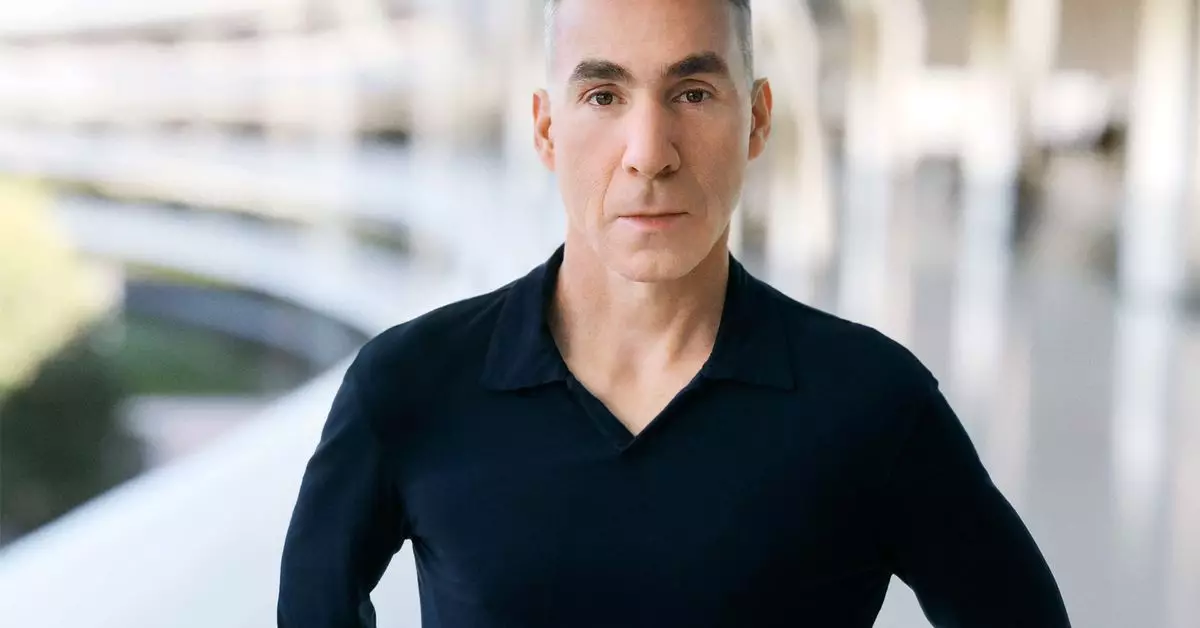In a significant transition, Dan Riccio, a distinguished figure in Apple’s intricate tapestry, will take his leave after 26 years of dedicated service. Renowned for his impactful contributions to Apple’s hardware division, Riccio’s journey reflects not only his evolution within the company but also the broader changes happening at Apple as it continues to solidify its place in the tech landscape. His retirement, reported by Bloomberg, comes at a time when the company is navigating complex challenges and opportunities in the ever-evolving tech market.
Riccio’s career trajectory at Apple is a remarkable narrative of innovation and leadership. He began as a member of the iPad division before ascending to the role of Senior Vice President of Hardware Engineering in 2012. Under his guidance, Apple launched groundbreaking products that reshaped consumer preferences and set industry standards. Notably, he was instrumental in the development of popular items such as AirPods and the flagship iPhone lines, which have become ubiquitous in contemporary life. However, Riccio’s legacy is also defined by ambitious projects that faced hurdles, such as the much-anticipated Apple Car and the recently launched Vision Pro headset, which has struggled to capture significant market attention.
In 2021, Riccio handed over the reins of hardware engineering to John Ternus, indicating a strategic pivot towards new projects. It was during this transition that Riccio stepped into a new, yet unspecified venture that ultimately focused on Apple’s VR headset initiative. This shift hints at expectations for a broader portfolio of products, particularly in immersive technology—a sector predicted to be a linchpin for future growth.
As Ternus now takes charge of the Vision Products Group, he carries the weight of expectations not only from investors but also from a market eager for innovation and leadership that can sustain Apple’s legendary reputation. Ternus’s potential candidacy to succeed Tim Cook as CEO further heightens the scrutiny surrounding his leadership abilities and strategic vision.
Riccio’s departure is part of a broader trend of significant leadership transitions at Apple. The company has seen various pivotal figures leave since Jony Ive’s departure in 2019, including Evans Hankey, who took a leading role in industrial design but stepped down in early 2023. These shifts may signal a transformative phase for Apple, as the company appears to be recalibrating its leadership structure amidst increasing competition and market demands.
Looking towards the future, Apple’s ongoing evolution will depend heavily on how it manages these transitions and integrates new leadership into its existing framework. The departures of seasoned executives may leave gaps, but they also present opportunities for fresh ideas and innovative thinking. Riccio’s achievements will be remembered, and his legacy will undoubtedly influence the new generation of leaders at Apple as they craft strategies to navigate the tech titan into a dynamic future filled with both challenges and possibilities.

